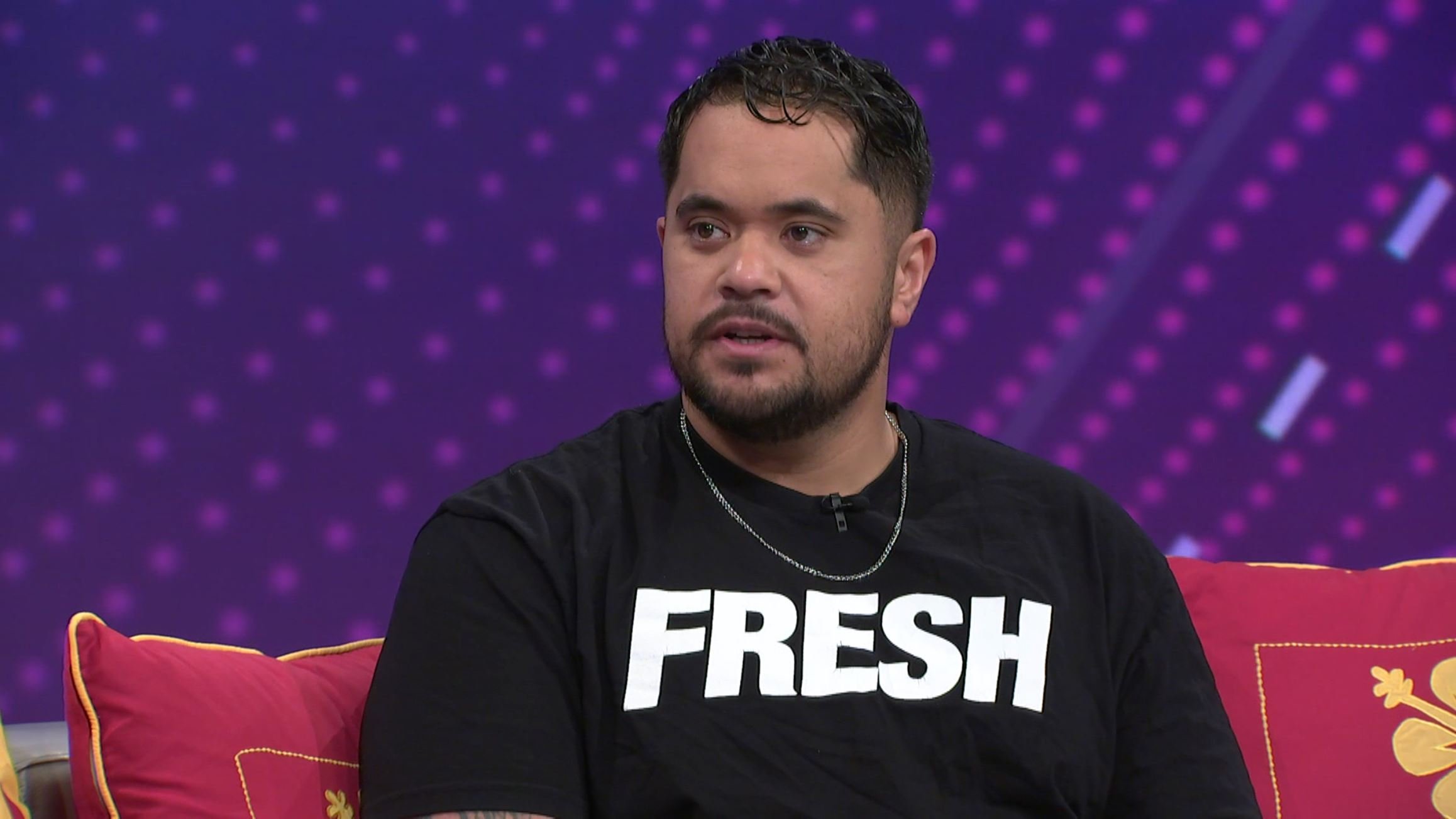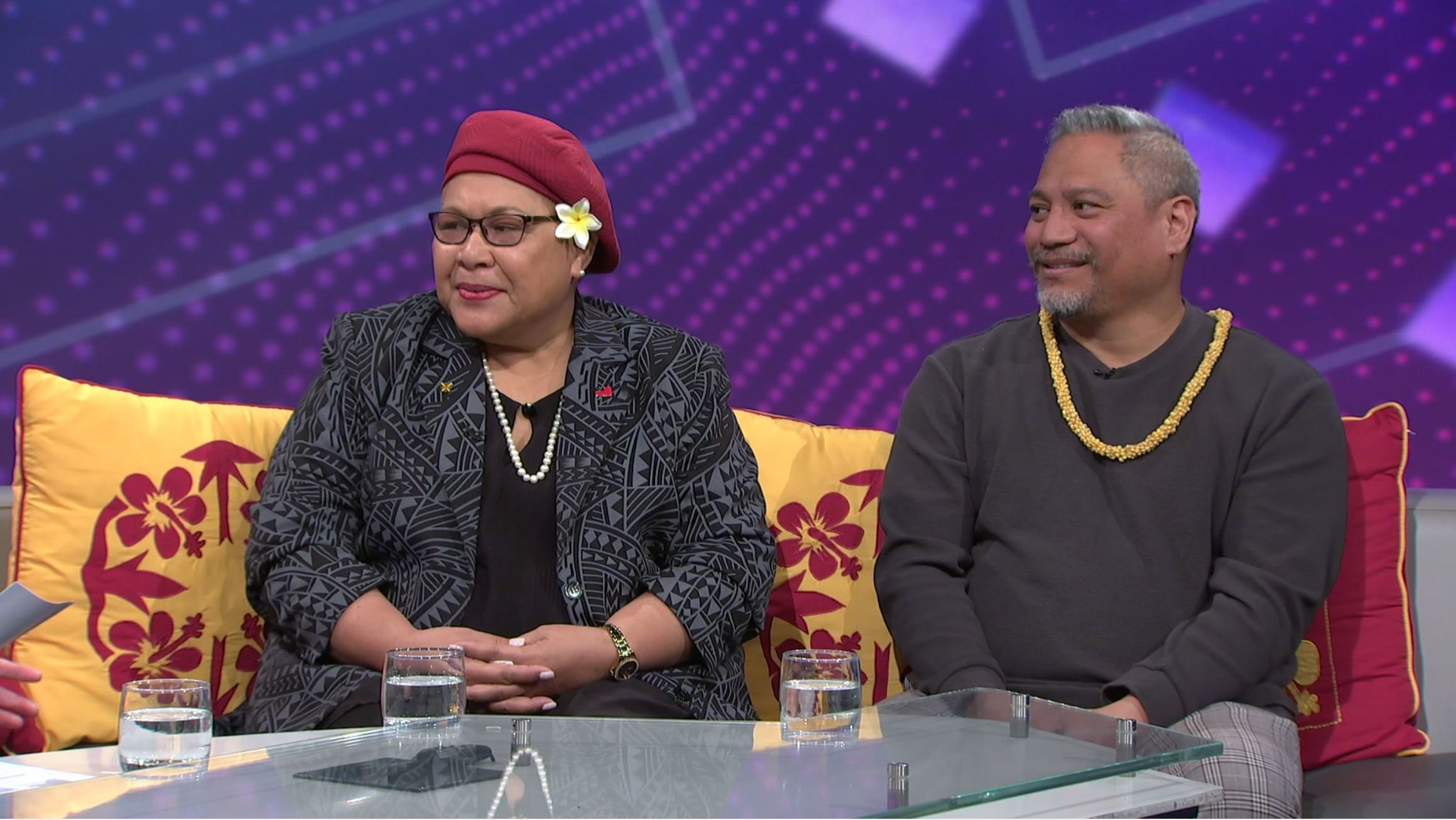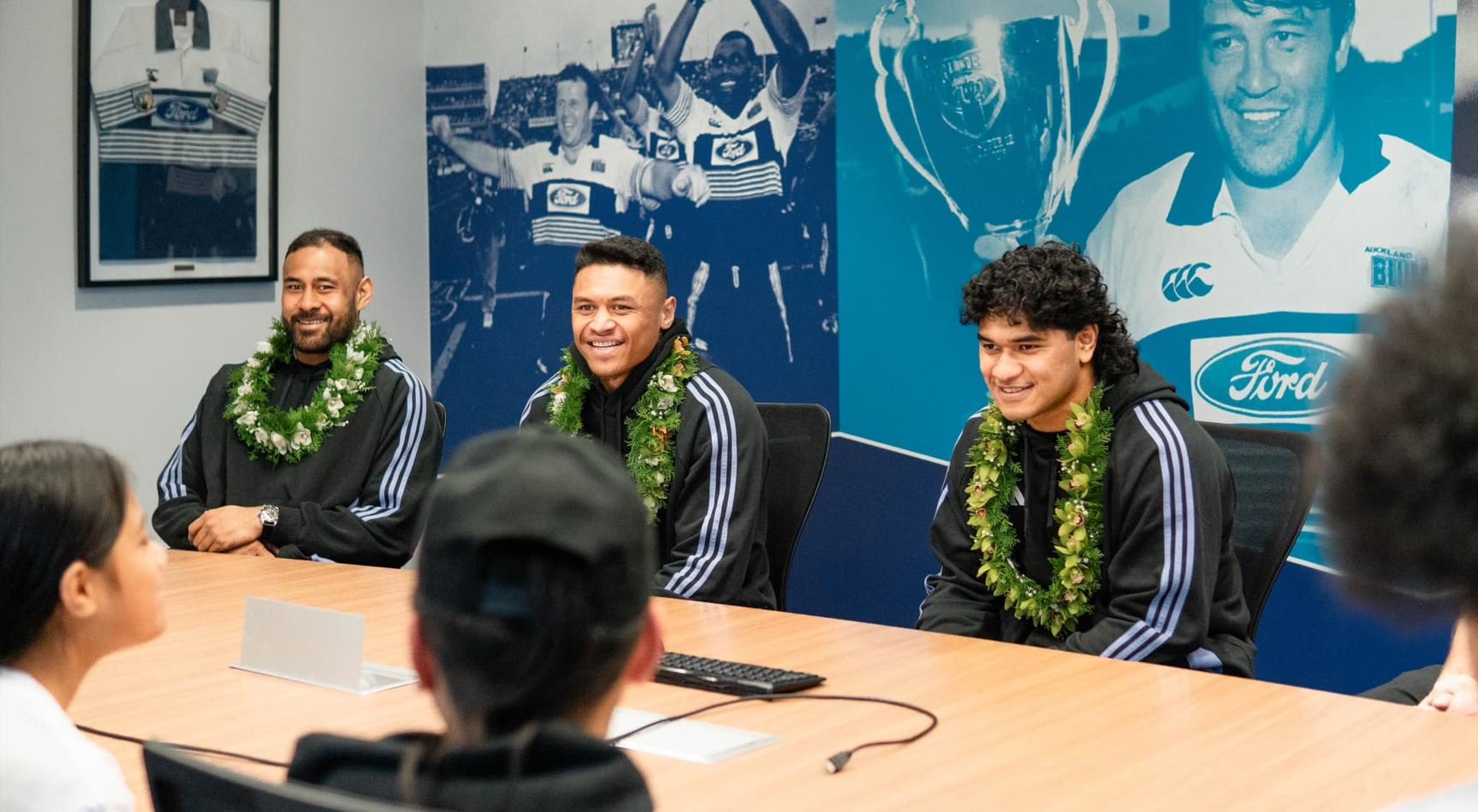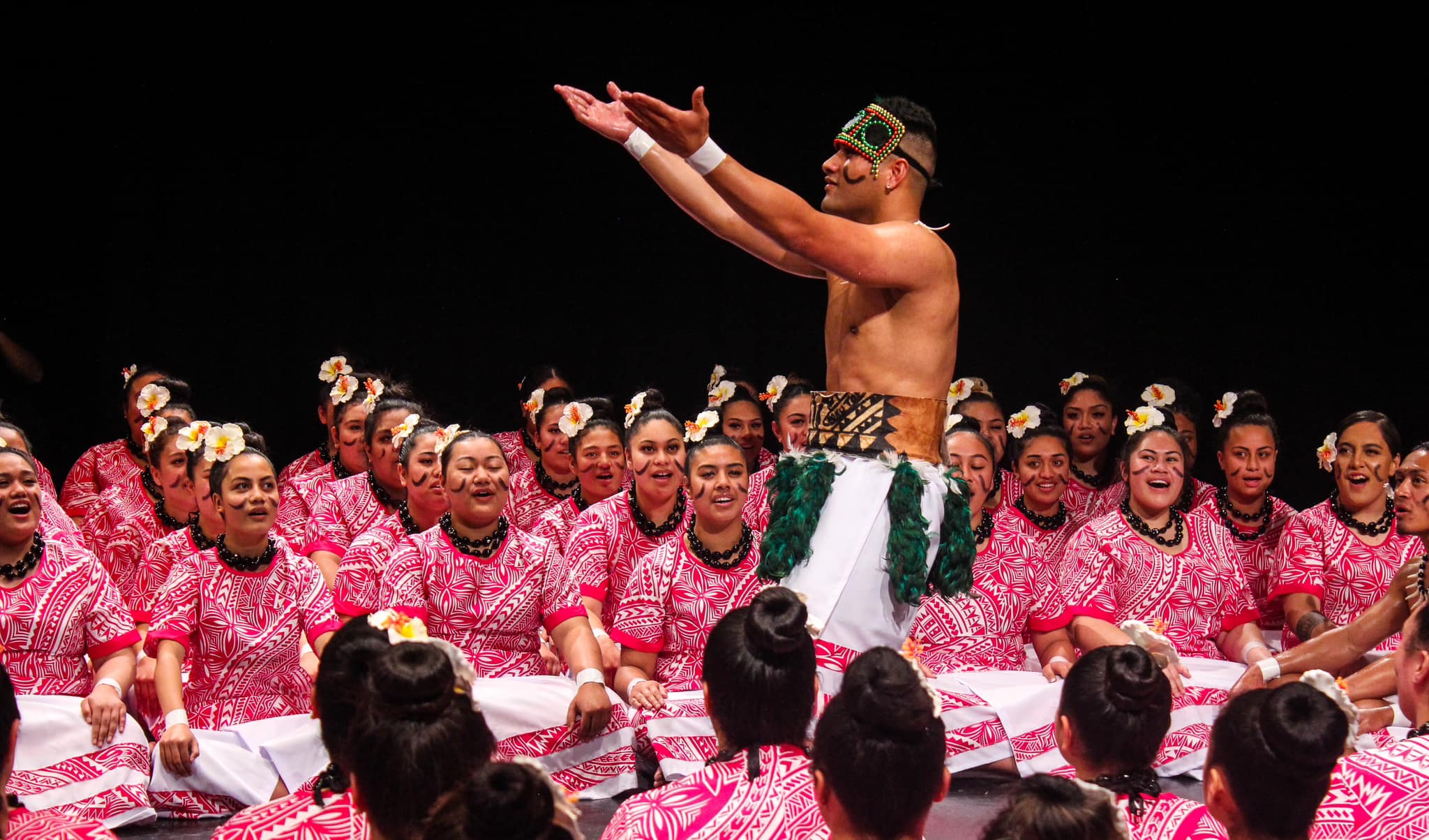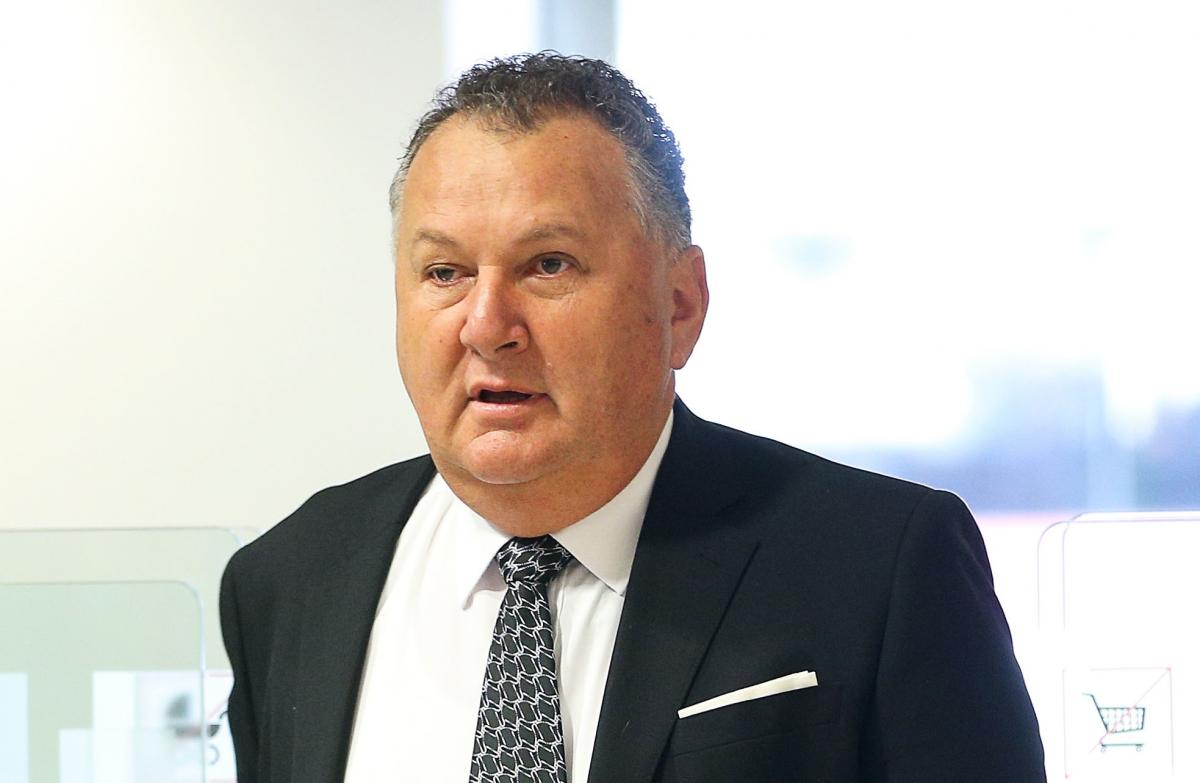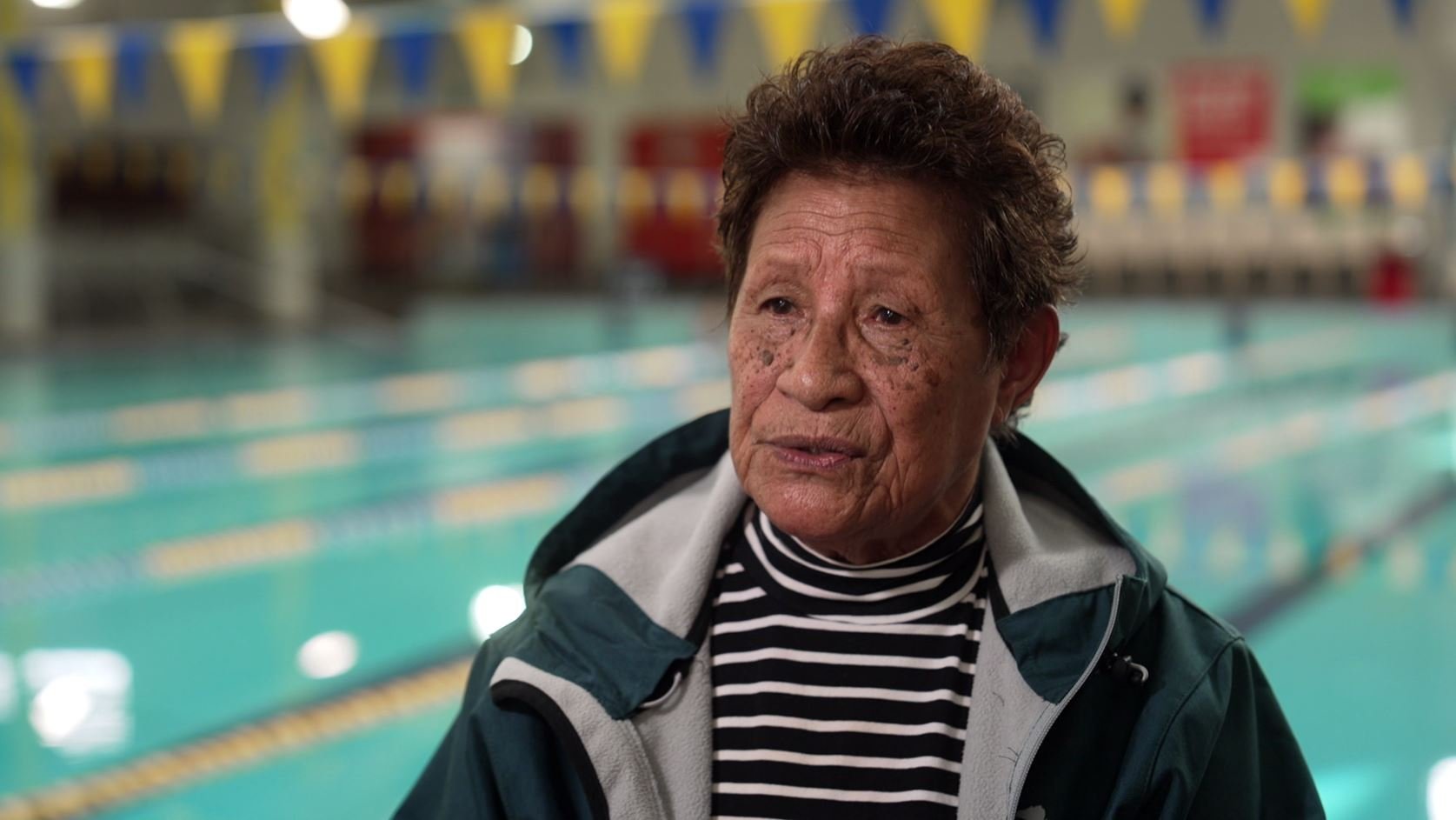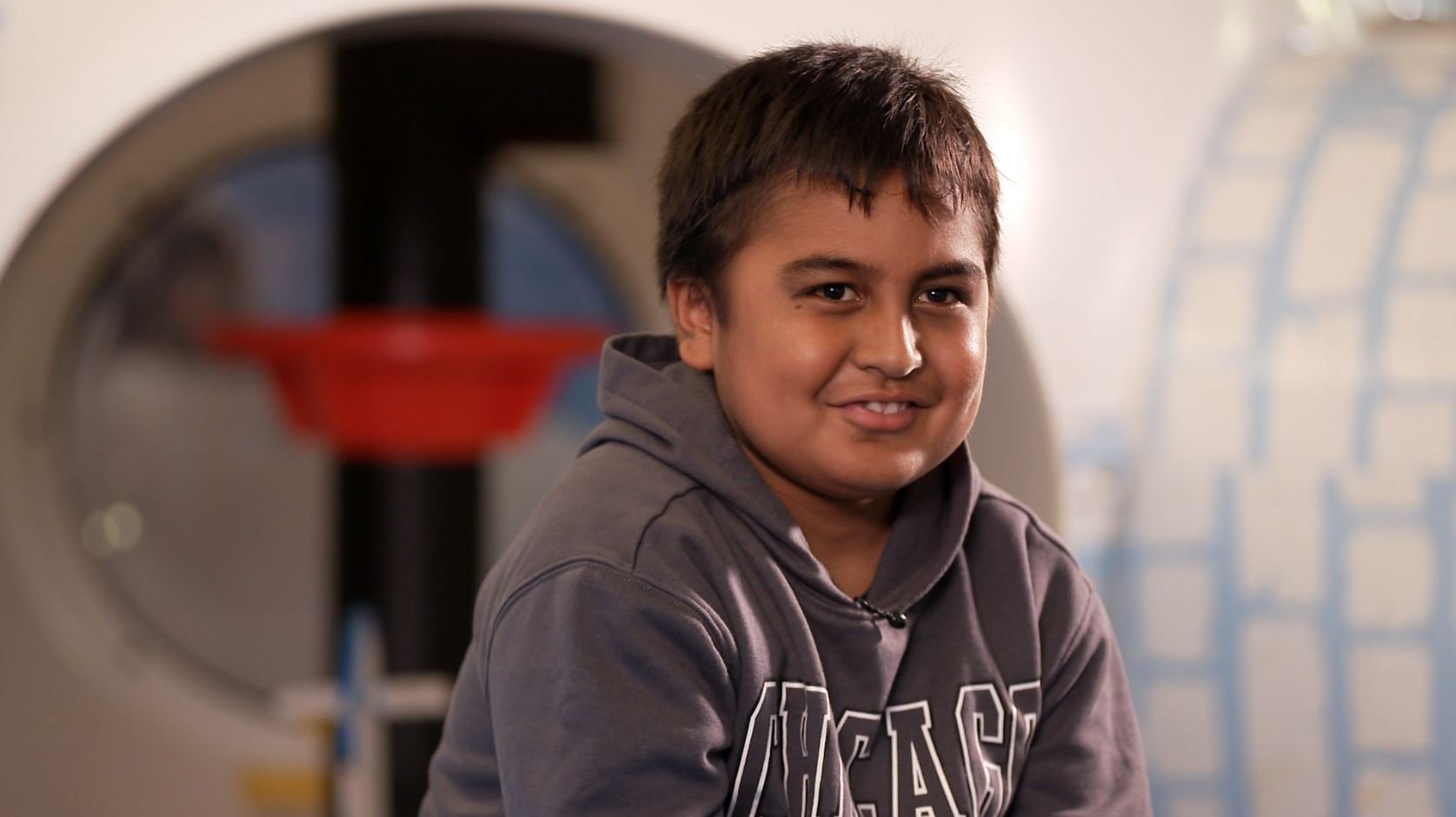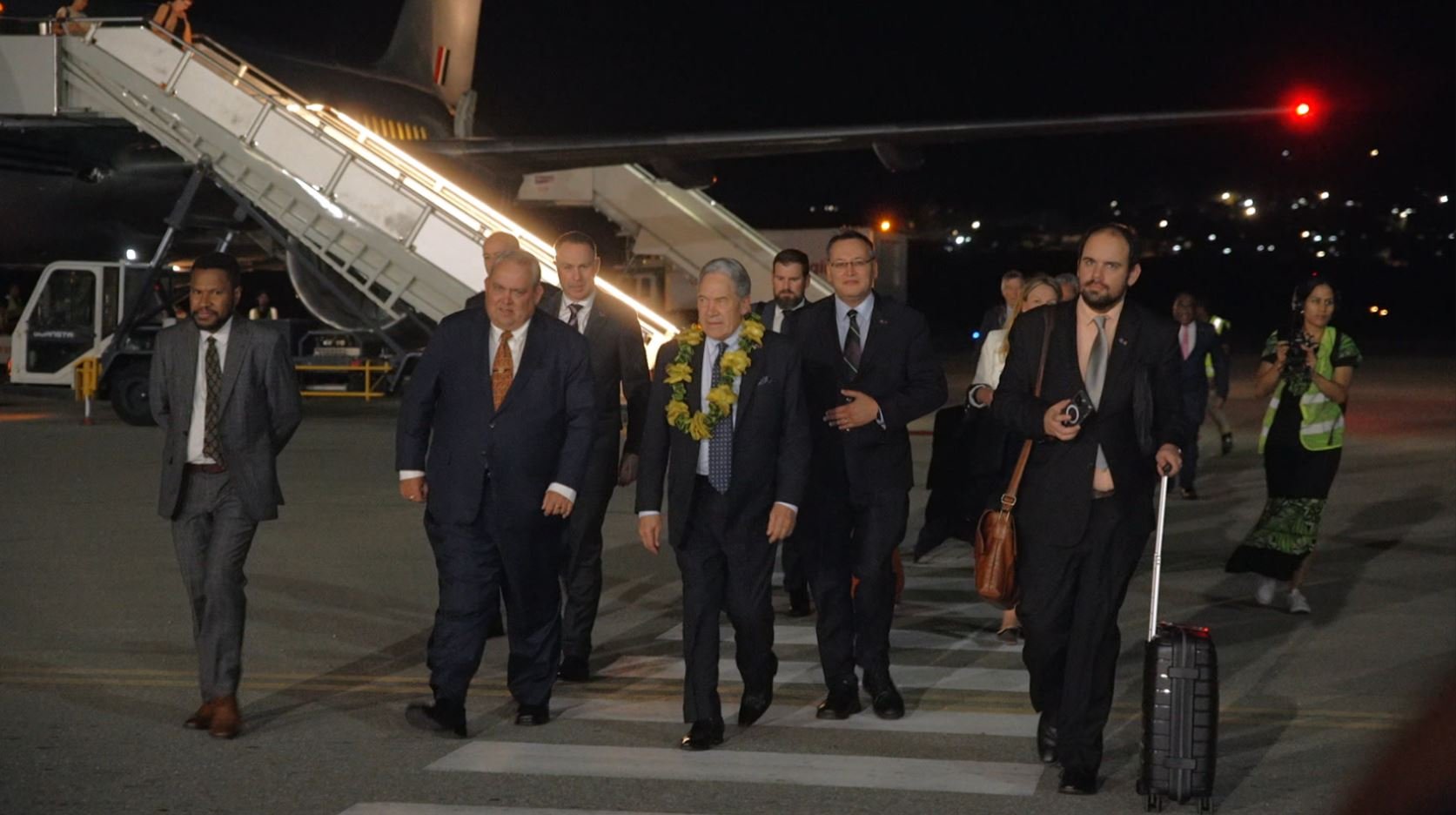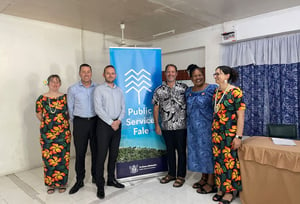Foreign Minister Vaovasamanaia Winston Peters led a bipartisan delegation to the Pacific last week. Despite having to cancel the leg to New Caledonia due to the riots, the delegation continued its Kiwi diplomacy through Melanesia.
In Papua New Guinea the Foreign Minister was keen to get down to business.
“We’ve come here to reacquaint and to listen and hear what the nations got to say,” Peters says.
“It is our strategy to treat people everywhere whether they are big or small countries as the very same and as equals.”
Papua New Guinea is home to over 10 million people with more than 800 different languages and the country’s foreign minister Justin Tkachenko was straightforward in his address to the delegation.
“New Zealand is a partner of choice, they have been with us since 1975 since our independence and we look forward now in strengthening and moving forward with New Zealand for the benefit of both our peoples and our governments,” he says.
New Zealand has supported development areas like infrastructure and renewable energy and now the focus includes eye health.
The rate of blindness and low vision in Papua New Guinea is the highest in the Pacific, which New Zealand health minister Dr Shane Reti knows only too well.
“Avoidable blindness around the world has a prevalence of about 4.24 percent. Unfortunately here in Papua New Guinea, it’s about 5.6 percent, about 30 percent more.”
New Zealand is donating 18.9 million dollars into an eye care clinic in Port Moresby.
The investment will enable eye care services and a new training facility for eye specialists in partnership with the Fred Hollows Foundation New Zealand.
Dr Audrey Aumua, the foundation’s CEO welcomes the much-needed support.
“We all know that the challenge of non-communicable diseases, particularly diabetes, affects this condition of eyesight as well as, you know, of course, an ageing population so a workforce is needed to respond to these growing challenges,” she says.
Continuing on their way the delegation headed to Vanuatu.
“Well, like all the rest, reconnect and have a conversation with their political leadership across the political divide and other parties as well and go away better informed and better able to be of help in the future,” Peters says.
In Port Vila the capital of Vanuatu the delegation visited a New Zealand aid project where $10 million will go towards a wharf connecting shipping services to remote islands.
It’s a project the New Zealand minister for climate change Simon Watts is proud to support.
“Resilient infrastructure is a key enabler of a strong economy and what we know is that the severity and frequency of severe weather events is increasing and, here in particular, having the infrastructure that can deal with that and weather the storms is really important,” Watts says.
Back on land the minister visited Pango village 20 mins away from the capital to walk through an area impacted by climate change.
New Zealand is putting in $8 million dollars to help Vanuatu respond more effectively to the increasing effects of climate change, a boost for the work of local climate Minister Ralph Regenvanu.
“The relationship between New Zealand and Vanuatu is about how as partners and friends we work on adaptation, building resilience in our own communities and helping each other build our economies,” Regenvanu added.
The last leg of the trip was Tuvalu, where the impact of climate change is a reality here, an issue Tuvalu’s Deputy Prime Minister Panapasi Nelesone reiterated for his New Zealand guests.
“We’ve already seen islands disappearing and the water encroaching on arable land affecting crops. Every now and again we have this inundation of water causing all problems, not only on crops but also on health.”
Over six million dollars will go to the next phase of the Tuvalu coastal adaptation project to strengthen coastal defence.
The climate change minister for Tuvalu Dr Maina Talia is encouraged by the ongoing funding to help his country.
“I think advocacy still plays a major role in the work that we do just to ensure that the international community will continue to hear us and of course to support us in terms of this kind of project. The reclamation project, it gives us a lot of assurance that we can still continue to live in this place,” Dr Talia says.
New Zealand is also committed to supporting Tuvalu’s digital connectivity, water security and improving their local ferry and fishing vessels.














